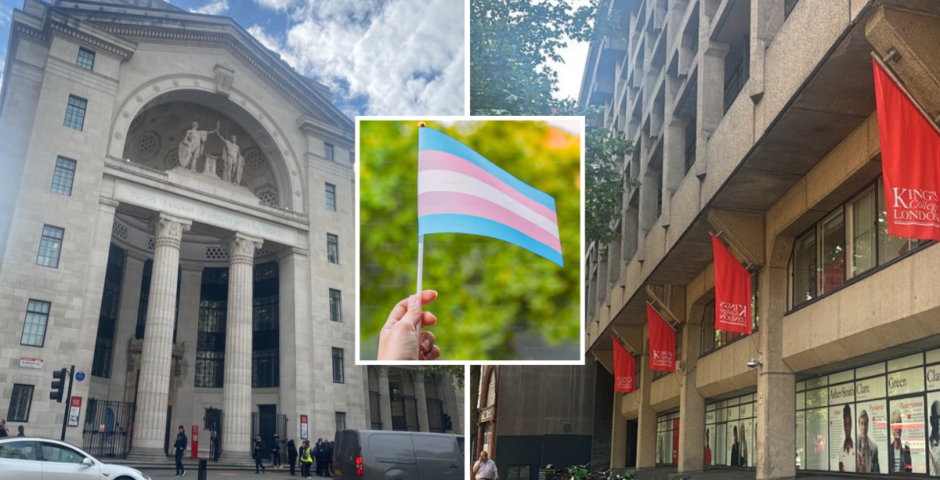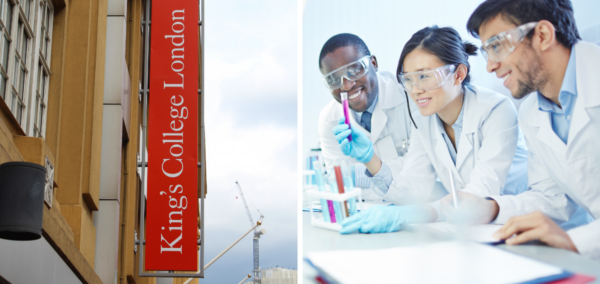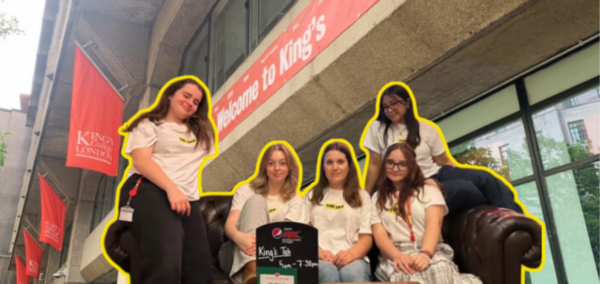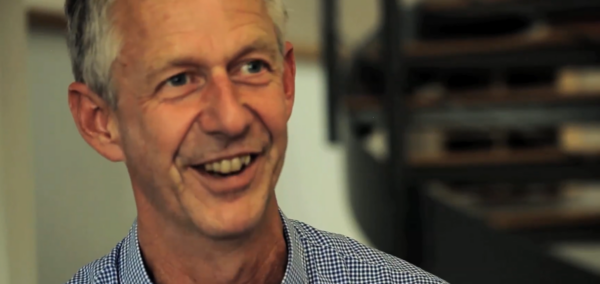
KCL is pioneering a major study on transgender health in young people
The study is expected to have 3,000 participants
King’s College London is pioneering a major study on transgender health in young people.
The study, PATHWAYS HORIZON, is estimated to be more than 10 times bigger than any previous research with children using gender services.
According to the university, it will be open to those attending NHS Children and Young People’s Gender Services, with over 3,000 expected participants.
Having now received approval, the recruitment process is set to begin, with the study one of four projects within the £10.7 million PATHWAYS initiative.
Funded by NHS England in partnership with the National Institute for Health and Care Research, it is co-sponsored by King’s College London, with KCL Professor Emily Simonoff as its chief investigator.

Each year, participants will complete surveys about their quality of life, body image, and gender identity. Researchers will then link these responses with national health and education records, as well as analysing the impact of potential underlying conditions, such as ADHD or autism.
The study aims to guide future care for transgender children. Participants will be followed for five years – or two years if they join later – with hopes of securing further funding into adulthood.
The study follows Hilary Cass’s April 2024 review, which found evidence for young people’s gender care “remarkably weak” and called for more research.
Hilary further recommended that puberty blockers be offered only through trials, leading to their ban for under-18s outside of research purposes.
The PATHWAYS TRIAL will be the only way for young people to access these drugs, though it is still awaiting approval.
Most Read
Other projects in the “PATHWAYS” study involve PATHWAYS CONNECT, which focuses on young people’s thinking and brain development. This follows participants who are on hormone suppressants, as well as those who are not.
PATHWAYS VOICES looks at speaking to transgender children about their experiences within the NHS Children and Young People’s Gender Services.
Participants can also voice their struggles with gender incongruence and talk about their experiences with puberty suppressants.





















